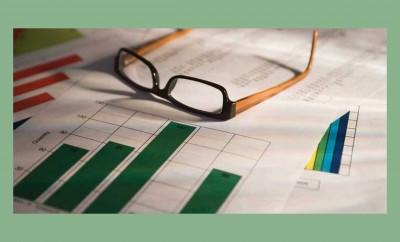
RETHINKING ECONOMICS
The pandemic tests a new policymaking benchmark that includes civil society and social norms
Many workers deemed essential during the pandemic—such as those in eldercare, supermarkets, and distribution warehouses—are unable to make ends meet even in good times. And during the COVID-19 crisis the threat of serious illness has been added to low pay. Employers have required people to report to work—in meat-packing plants and restaurants—at grave risk to themselves and their families; their only recourse is to walk away from their jobs, risking their livelihoods.
These wrenching choices represent the collateral damage of the pandemic. Moral discomfort with the situation has spread even into economics—forcing the profession to confront ethical concerns that in ordinary times are consigned to religious leaders and philosophers. Along with the climate emergency, the pandemic has made it clear that market failure is now the norm not the exception, rendering the standard economic model anachronistic, much as massive and persistent joblessness in the Great Depression did for the idea that labor markets will equate supply to demand, eliminating unemployment.
The fallout from the pandemic will alter how we think about the economy and public policy—not only in seminars and policy think tanks, but also in the everyday vernacular people use to talk about their livelihoods and futures.
Συνέχεια ανάγνωσης εδώ
Πηγή: imf.org




